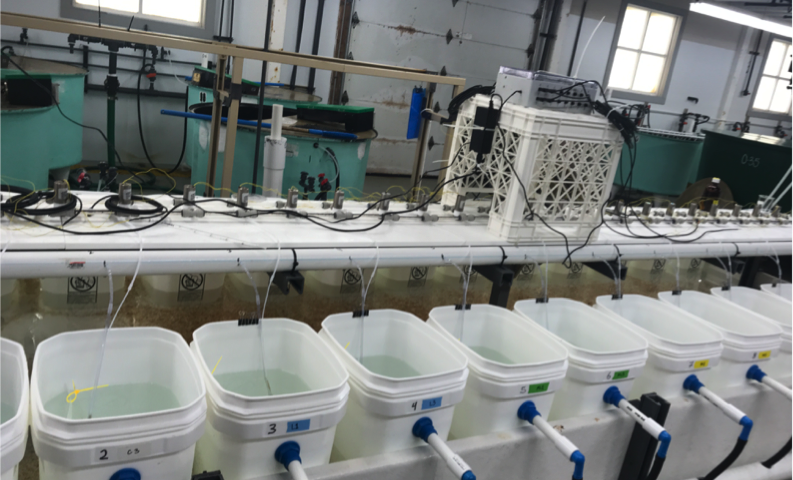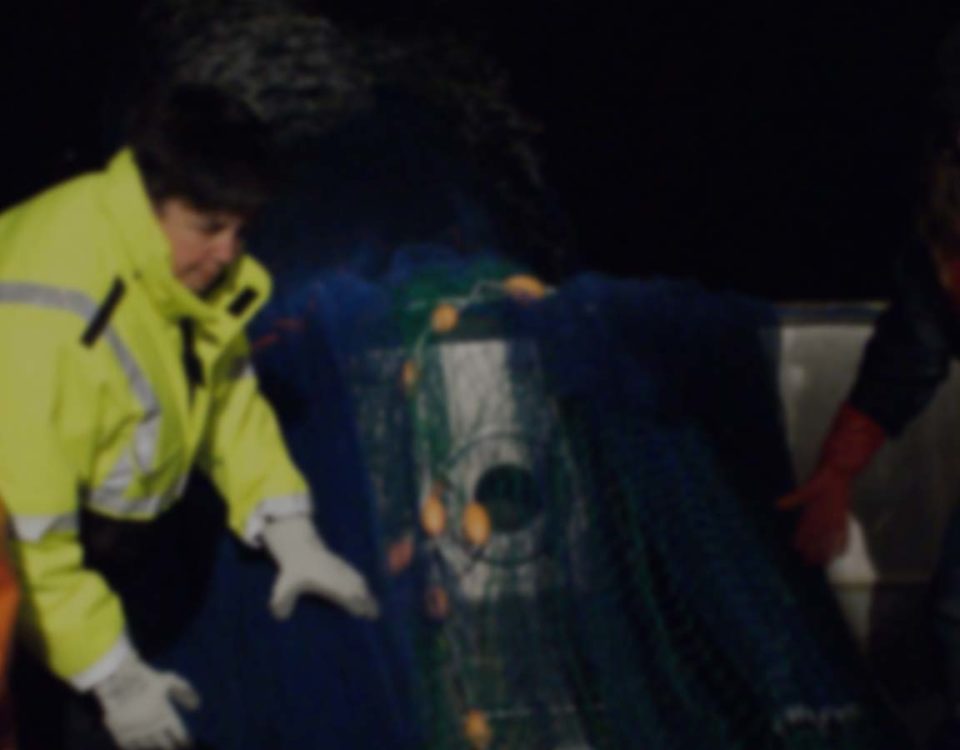Exposure to oil limits herring fitness

PROJECT
Exposure to oil limits herring fitness
Background
Genetic attributes unique to the Prince William Sound (PWS) population, that either pre-existed or emerged in the years following the Exxon Valdez oil spill (EVOS), may help explain the lack of recovery in the PWS stock following the 1993 collapse, and may also illuminate the causes of the collapse. Diseases are key variables that help explain the population dynamics of PWS herring since the 1990s decline. The contribution of the EVOS to the PWS decline is more controversial. However, recent studies have shown that herring embryos are sensitive to fitness impacts at very low concentrations of oil, these low-level exposures can affect fitness and natural selection from pollutants can quickly drive complex genetic change in exposed populations. Are there connections that link the PWS herring collapse and lack of recovery with disease impacts and the oil spill?
Methods
Conspicuous events that coincided with the dramatic PWS collapse include the Exxon Valdez oil spill four years previous, and the emergence of disease. As a team, we test hypotheses concerning the effects of oil exposure, the effects of disease challenge, and their potential interactive effects, on herring health and fitness. We will test predictions and hypotheses by reconstructing genome-wide genetic change through time (over the past 30 years) in PWS fish and compare this to population genetic change through time in two reference site populations (Sitka Sound and Togiak Bay). Furthermore, a series of laboratory-based experiments will test for population differences in their response to oil exposure in early life and subsequent resilience to pathogen exposures. Physiological measurements and patterns of genome-wide gene expression will serve to reveal similarities and differences in mechanisms of response to these stressors between PWS and reference population fish.
What we are learning
Lab experiments over the past three years have surprised us, insofar as results have indicated that although exposure to oil during the early stages of embryo development affects immune function, it does not seem to sensitize herring to pathogen exposure later in life. This could be because 1) oil exposure during early development does not disrupt immune development and function, 2) early-life exposure to oil does disrupt immune development or function but our doses in our lab experiments were too low, or 3) early-life exposure to oil does disrupt immune development and function but we were exposing developing animals to oil at the wrong developmental stage. To start to explore hypothesis 3, we chose to conduct a set of experiments this past year that went beyond what we originally proposed. We chose to expose animals during larval development for 10 days. During this period important components of fish immune systems are developing and may be perturbed by exposures. Early results indicate that the very low exposure levels did indeed cause significant disruption to growth. We will continue to examine the factors that influence the relationship between oil and herring fitness in the year to come.
PRINCIPAL INVESTIGATOR
Andrew WhiteheadProfessor in the Department of Environmental Toxicology University of California, Davis
awhitehead@ucdavis.edu




